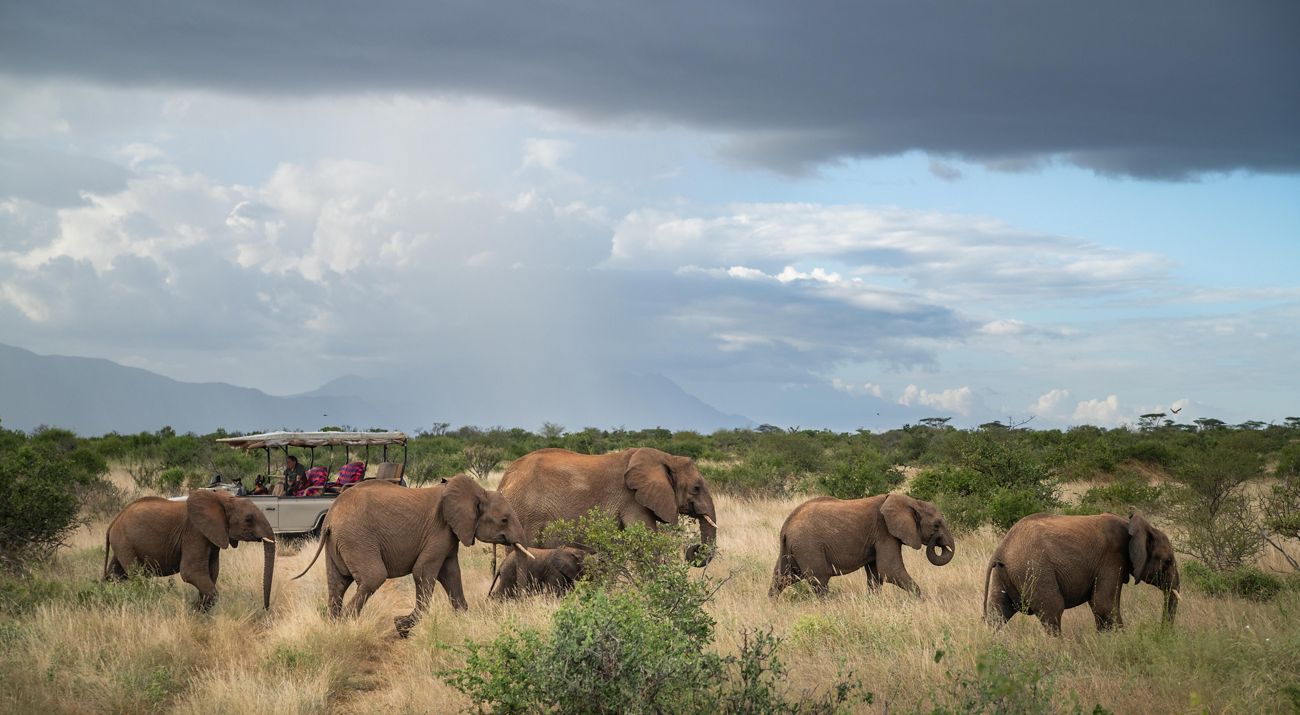Due Diligence: Our Response to Oakland Institute’s ‘Stealth Game’ Report on NRT
An independent review found no evidence to support the Oakland Institute’s main allegations against the Northern Rangelands Trust.
The Due Diligence Report concerning Oakland Institute’s “Stealth Game” provided a lot of context about the work of our partner Northern Rangelands Trust (NRT) and the political, cultural, and environmental conditions of northern Kenya. Here, TNC’s Africa Indigenous Landscapes Strategy Director Patricia Mupeta-Muyamwa answers questions about the report.
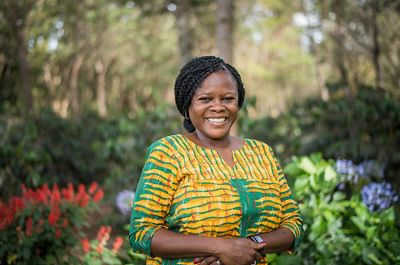
Nature.org: What is the Due Diligence Report (DDR) and why did TNC commission it?
Patricia Mupeta-Muyamwa: In November 2021, a California-based non-profit entity named the Oakland Institute released a report called “Stealth Game,” which contained allegations of widespread and significant human rights abuses by the Northern Rangelands Trust (NRT), a close partner of TNC. To assess if the allegations were true, and to understand more about why they might have been made, TNC and five more of the NRT’s primary financial supporters decided to commission an independent review of the allegations made in that report.
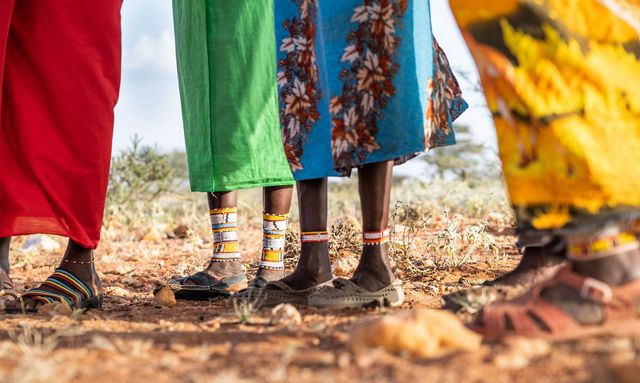
Nature.org: How was the Due Diligence Report designed and carried out?
Mupeta-Muyamwa: Indigenous Peoples and Local Communities (IPLC) experts on TNC staff and an external human rights expert together developed a scope of work for the project along internationally recognized principles for rigorous social science and upholding human rights, particularly Indigenous rights. The scope focused on the most serious allegations for which evidence could be sought. They were grouped into these categories for specific investigation:
- Any allegations of extrajudicial killings, physical abuse, harassment, or exacerbation of ethnic conflicts by individuals associated with NRT.
- Any allegations of corruption, coercion, or improper or unfair use of political, social, or personal pressure to influence decision-making regarding the establishment or operation of NRT conservancies.
- Any gain or loss of rights to land or access to land associated with NRT or its conservancies.
The Due Diligence Review was conducted from February to May 2022 by Dr. Kanyinke Sena, the former chair of the UN Permanent Forum on Indigenous Issues and current member of the African Commission Working Group on Indigenous Populations, along with a small team of experts. Dr. Sena is an Indigenous Kenyan with Ogiek and Maasai ancestry who has worked in the field of Indigenous rights inside and outside of Kenya for decades.
Dr. Sena emerged as the top candidate from a pool of 13 experts considered for this role based on his extensive expertise in human rights, land rights, and natural resource governance and his strong contextual knowledge of northern Kenya.
The commissioning of an independent review by an interested party is a common practice, and well-respected professionals, such as Dr. Sena and his team, are trusted with maintaining the integrity and independence of the process.
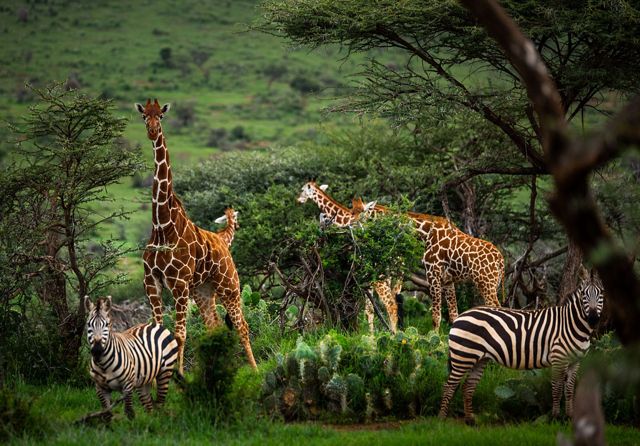
Nature.org: What are the findings of the Report?
Mupeta-Muyamwa: Very importantly, the Due Diligence Report found no evidence of the Oakland Institute’s main allegations.
Specifically, it found:
On allegations of extrajudicial killings, physical abuse, harassment, or exacerbation of ethnic conflicts by individuals associated with NRT:
- no evidence that any person’s death cited in the Oakland Report was linked to NRT; and
- no evidence that NRT-directed assets including vehicles were “fueling conflict.”
On allegations of corruption, coercion, or improper or unfair use of political, social, or personal pressure to influence decision-making regarding the establishment or operation of NRT conservancies:
- no evidence of the allegations of corruption, whether or not linked to NRT; and
- no evidence that conservancy procedures or operations were subject to direct control, coercion, “strong-arming,” or improper use of influence by NRT.
On allegations of any gain or loss of rights to land or access to land associated with NRT or its conservancies:
- no evidence NRT or the conservancies caused anyone to lose any land rights or access.
The Due Diligence Report noted that in northern Kenya, “conservation strategies … can compete with many other powerful and pressing land use demands, for example increasing human population, livelihoods, commercial development, infrastructure development, and security among others. This competition can trigger political contests that involve conservation advocates and opponents, both basing their arguments on support for Indigenous rights and development.” In this context, the Due Diligence Report found that many claims against NRT were being made “for reasons of political and personal self-interest.”
However, the report also highlighted several areas for growth for NRT when it comes to how it understands and addresses human rights impacts. My take is that the Due Diligence Report has highlighted the very important need for NRT to strengthen the rights of conservancy members by ensuring communities’ self-determination, and that their actions and their ability to use their own norms and values to address conflict are included as NRT plans its programs, activities, and operations. As the Due Diligence Report notes, conducting responsible, balanced human rights due diligence efforts could have helped NRT to:
- better understand existing inequalities that sideline marginalized members of the community;
- focus more on deeply understanding how regional power imbalances exacerbated ongoing conflicts and NRT’s potential impact on them, especially in the case of security operations, rather than taking action absent that understanding;
- inform strategies to better engage with regional and national authorities over issues of service provision (such as health and education) and security, rather than the state leaving a space into which a non-governmental entity such as NRT took on risks, outside of the conservation mandate; and
- support ongoing Free, Prior and Informed Consent (FPIC) and avoid impressions of a lack of transparency and a lack of public participation in decision-making.
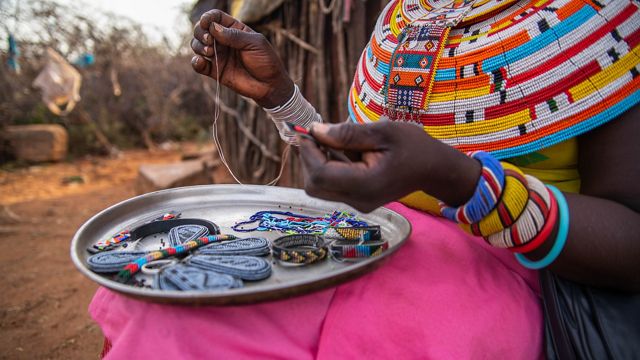
Nature.org: Are you confident in the Due Diligence Report’s findings?
Mupeta-Muyamwa: Yes. I am fully confident in Dr. Sena’s expertise, competence, process, and findings. Following desk research, an extensive process of direct engagement and interviews with all parties who were willing to engage was conducted. Dr. Sena visited 19 villages across five counties and conducted interviews with numerous stakeholders in conservancies NRT supports; with officers at police stations or posts in five locations; with county Lands officials, and with numerous other organizations.
This stands in stark contrast to Oakland’s research reporting, which the Due Diligence Report concludes relied primarily on two meetings that were held in 2019, and little further apparent effort to corroborate accusations made then. The DDR states that the Oakland Institute’s “level of diligence in verifying allegations was disappointing,” and that, “unless there is alternative evidence, our interim conclusion is that the allegations [in the Oakland Report] were mainly political.”
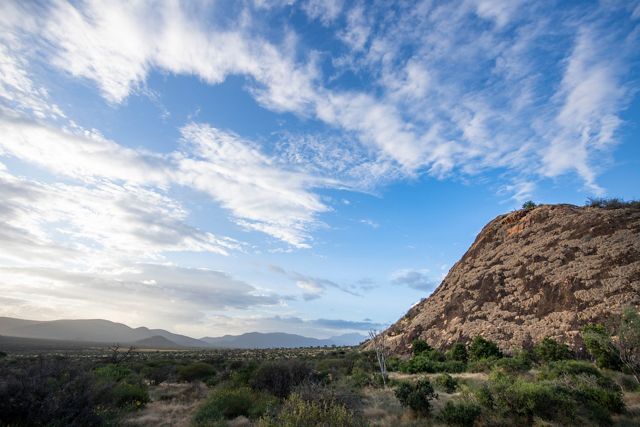
nature.org: As a major funder of NRT, what is TNC’s role in all of this?
Mupeta-Muyamwa: We hold that it is NRT’s responsibility to plan for, learn about, and fully understand, the impact that its existence and operations might have had and may continue to have, and for it to conscientiously and with the appropriate tone develop a plan to reduce or remove those impacts.
But also, TNC acknowledges that it is our own responsibility and due diligence obligation to ensure that any organization we fund avoids to the fullest extent possible such negative impacts, and are committed to supporting NRT to ensure they are not repeated.
When working with Indigenous Peoples and Local Communities, and especially in a landscape like northern Kenya that has a history of insecurity and marginalized communities, it is important to ensure that the voice and rights of members are supported. As an organization that embraces the Voice, Choice, and Action Framework, it’s important to constantly ensure human rights are a core pillar of our conservation work.
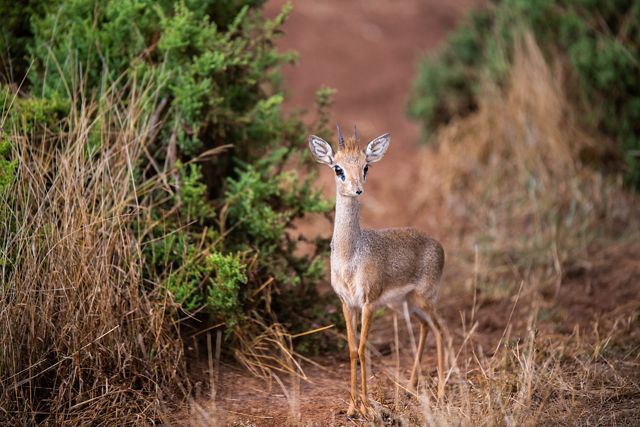
nature.org: How can lessons learned be applied across TNC?
Mupeta-Muyamwa: Over the last few years, TNC has been making major strides toward improving our human rights obligations. For example, TNC adopted a Human Rights Policy applicable to all of TNC’s activities worldwide, created a Human Rights Guide for working with IPLC, and are in the process of creating an organization-wide Social Safeguards Framework.
Here in Africa, the Due Diligence Report has had us consider ways we can go even further. For example, we plan to fund a TNC community liaison specialist to carry out regular field visits to, and community meetings with, partnering NRT-member conservancies to ensure that relevant safeguards are being upheld and communities are aware of how to raise any grievances they may have. We will also now require all TNC Africa projects to conduct an in-house human rights risk assessment and a gender analysis and action plan, and contract a well-respected human rights entity to audit grantee compliance with human rights requirements every two years.
Commissioning this due diligence review in response to serious allegations originally raised has helped us pause and think about how to be more proactive in ensuring human rights are considered in protecting other critical landscapes in partnership with Indigenous communities. This work will help strengthen our partnerships in more than 100 communities across Africa, and help us achieve our conservation goals, together.
The views of Dr. Mupeta-Muyamwa do not necessarily reflect the views of the Joint Supporters of the Due Diligence Review.
Global Insights
To get more tips like this, plus feature stories and the latest news from the world of nature, sign up for our monthly newsletter.
